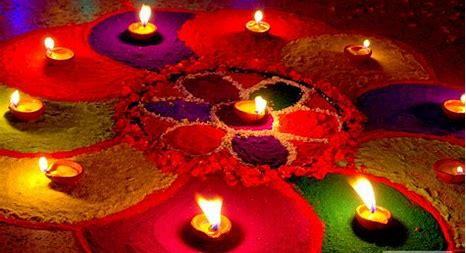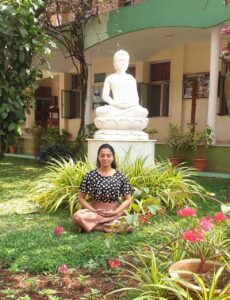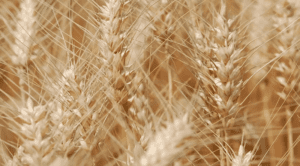![]()
Diwali, Deepawali, or Deepavali – The Festival of Lights
Deepawali, often referred to as Diwali, stands as one of the most prominent and radiant festivals in Hindu culture. The name itself holds its essence: “deep” translates to “light,” and “avali” forms “a row,” thus signifying “a row of lights.” This festival spreads across four days, casting brilliance over the entire nation and filling hearts with joy.
The Diwali celebration varies between late October and early November each year, aligning with the 15th day of the Hindu month of Kartik. What remains consistent throughout these days is the celebration of life, enjoyment, and a sense of goodness.
The Origins of Diwali
Diwali’s roots stretch back to ancient India, likely originating as a significant harvest festival. Numerous legends surround its origin, adding layers of cultural depth to this luminous celebration.
Some believe Diwali commemorates the union of Lakshmi, the goddess of wealth, with Lord Vishnu. Others observe it as her birthday, as she is said to have been born on the new-moon day of Kartik. In Bengal, the festival pays homage to Mother Kali, the dark goddess of strength. Lord Ganesha, the elephant-headed god symbolizing auspiciousness and wisdom, is widely worshiped in Hindu households during this time.
For Jains, Deepawali holds added significance, marking the momentous event of Lord Mahavira attaining eternal bliss through nirvana.
Diwali is also a tribute to Lord Rama’s return, along with Ma Sita and Lakshman, after a 14-year exile and the triumph over the demon-king Ravana. The people of Ayodhya illuminated the kingdom with earthen diyas (oil lamps) and fireworks to celebrate their king’s return.
The Four Days of Diwali
Each day of Diwali narrates a unique tale:
- Naraka Chaturdasi commemorates Lord Krishna and his wife Satyabhama’s vanquishing of the demon Naraka.
- Amavasya, the second day of Diwali, is dedicated to the worship of Lakshmi in her most benevolent form, fulfilling devotees’ wishes. This day also recounts Lord Vishnu’s dwarf incarnation, which vanquished the tyrant Bali, allowing him to return to light millions of lamps each year, symbolizing the dispelling of darkness and ignorance.
- Kartika Shudda Padyami marks Bali’s release from hell, granting him the right to rule the earth, as bestowed by Lord Vishnu.
- Yama Dvitiya, also known as Bhai Dooj, is when sisters invite their brothers to their homes.
Dhanteras: The Tradition of Gambling
Some consider Diwali a five-day festival due to the inclusion of Dhanteras, a celebration of wealth and prosperity occurring two days before the festival of lights. The tradition of gambling on Diwali has a legend behind it: Goddess Parvati is said to have played dice with her husband Lord Shiva and decreed that those who gamble on Diwali night will prosper in the coming year.
The Significance of Lights and Firecrackers
Diwali’s rituals carry deep meanings. Homes are illuminated with lights, and fireworks fill the skies as offerings to the heavens, symbolizing health, wealth, knowledge, peace, and prosperity. The sound of firecrackers signifies the joy of people on Earth, making the gods aware of their prosperity. It also serves a practical purpose by repelling insects, including mosquitoes.
The Spiritual Significance of Diwali
Beyond the festivities, Diwali serves as a time for reflection and renewal:
- Give and forgive: People embrace a spirit of forgiveness and goodwill.
- Rise and shine: Waking early, particularly during Brahmamuhurta, is considered a blessing for health, ethical discipline, work efficiency, and spiritual growth.
- Unite and unify: Diwali fosters unity, bringing joy and togetherness.
- Prosper and progress: A time to open new account books and pray for success and prosperity.
- Illuminate your inner self: Diwali’s lights represent inner illumination, reminding us to cultivate and enjoy eternal bliss.
From darkness to light, Diwali embodies the victory of good over evil. It illuminates every corner of India, filling the air with the scent of incense and the sounds of joy, togetherness, and hope.
Celebrate Diwali as a time for unity, charity, and inner illumination. Light a diya, reflect on its glow, and find solace in the light that shines eternally within our hearts.
Reference:







